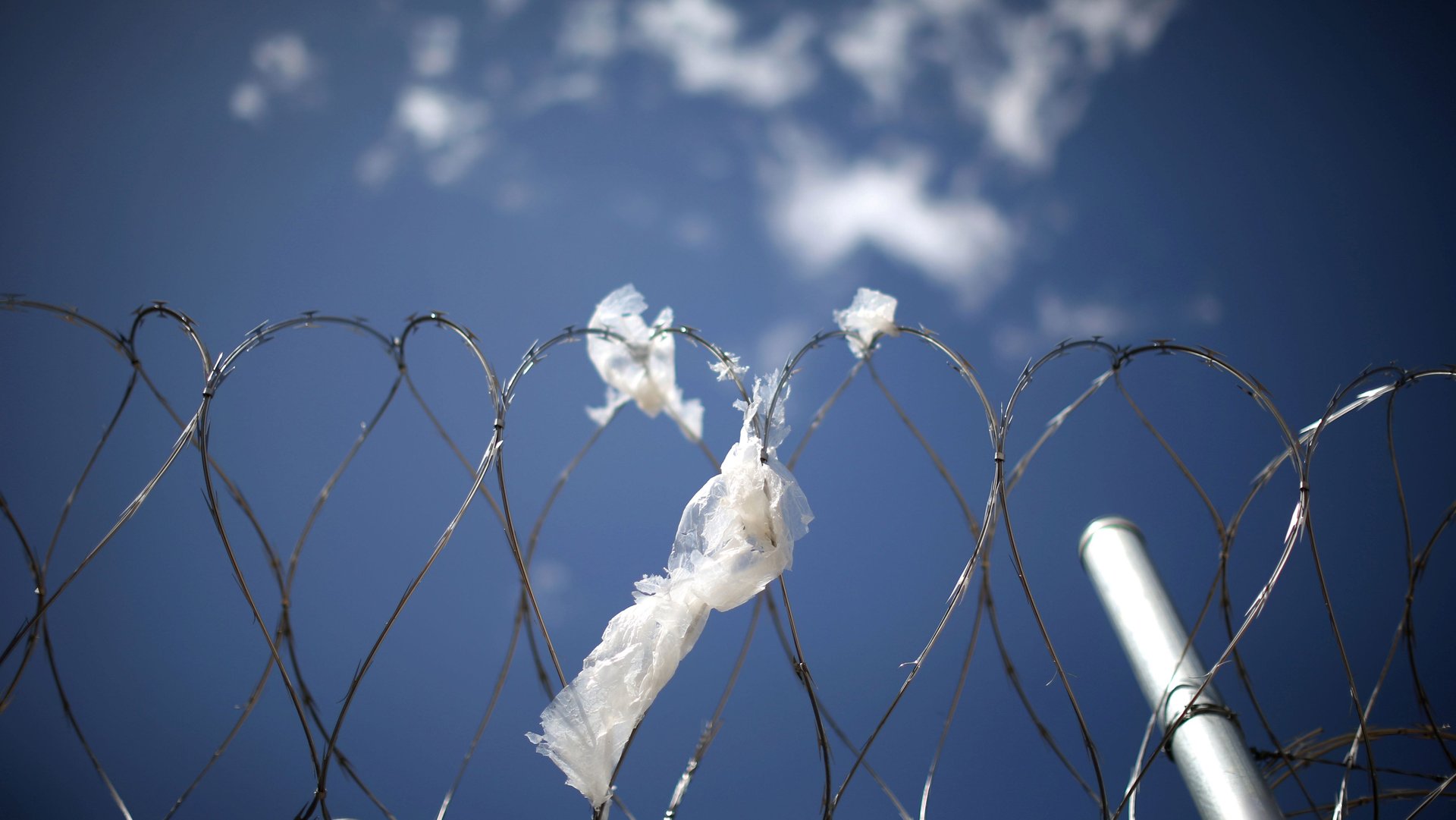ICE got 16 times more complaints at private immigrant jails than at those it runs
The private, for-profit facilities the US government uses to detain immigrants generate roughly 175% more grievances from detainees than the ones run by the government itself, according to an analysis by an immigrant advocacy group.


The private, for-profit facilities the US government uses to detain immigrants generate roughly 175% more grievances from detainees than the ones run by the government itself, according to an analysis by an immigrant advocacy group.
The American Immigration Council looked at 47,145 grievances called in by immigrants at 304 immigration jails through a complaint line during the 2015 fiscal year. The Washington, DC non-profit found that, on average, each private facility got 691 complaints vs. 42 at those that were run by US Immigration and Customs Enforcement, or ICE.
The higher number of complaints raises concerns about potential abuse at private immigrant detention centers as the Trump administration seeks to expand their use. Mistreatment and poor conditions at such facilities has been documented by the American Civil Liberties Union and others for years.
The authors of the latest report say there is no evidence that private facilities receive more complaints because it’s easier to file them, the authors say. “On the contrary, existing research suggests that the opposite is likely true.”
ICE did not immediately respond to a request for comment.
No access to legal help
The report doesn’t spell out what kinds of complaints are more common at private facilities, but overall, most of the grievances analyzed by the report are related to trouble in accessing legal assistance or materials related to their court hearings. Telephone calls tend to be more expensive in privately-operated facilities, the researchers say, and visitation is more difficult in facilities located in remote areas, such as the privately-run Port Isabel Detention Center in Los Fresnos, Texas.
Many detainees also complain about being separated from their children, the second most common type of grievance.
Private detention expansion
For-profit companies operated about 10% of the facilities used to detain immigrants in fiscal 2015, but about 67% of ICE detainees (including juveniles) were jailed at least once in a privately-run detention center. As of September 2016, they held held 65% of the average daily detainee population, according to advocacy group’s report.
Private detention is set to become even more widespread under president Donald Trump’s hardline immigration policies. An April presidential memorandum called for the need “to allocate all legally available resources to construct, operate, control, or modify—or establish contracts to construct, operate, control, or modify—facilities to detain aliens for violations of immigration law at or near the borders of the United States.”
Private prison companies contributed more than $1.6 million to industry-friendly GOP candidates during last month’s midterm elections. Both GEO Group and CoreCivic, the largest private prison contractors in the nation, have said they have plans to expand existing facilities or build new ones.
A spokesperson for GEO said that the facilities it runs comply with federal and third-party standards, and that it has no say on how long or where detainees are held.
A CoreCivic spokesman said the report’s methodology is flawed, because it only takes into account grievances reported through the complaint line, and not those filed through other methods. He added that the grievance process at all CoreCivic detention facilities “meets or exceeds” all federal requirements.